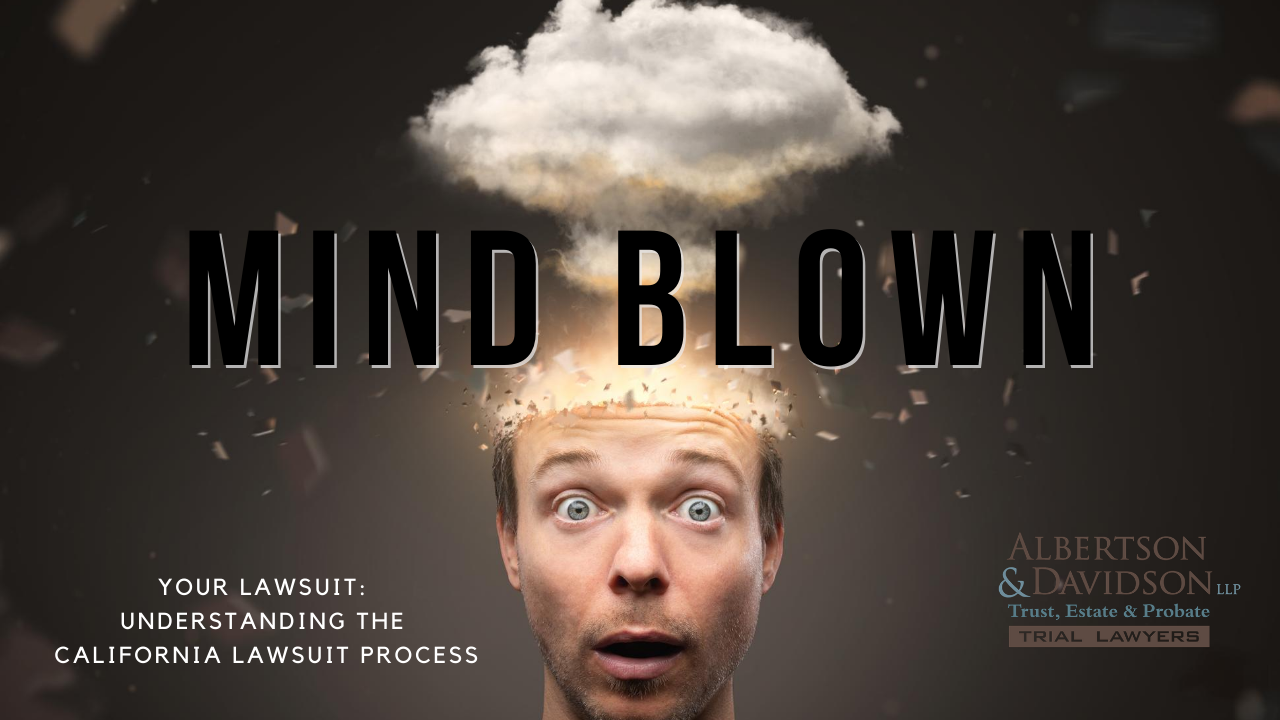
How do you prove your case? If you are trying to invalidate a Trust or Will, you have the burden of proof, which is the legal obligation to prove your allegations in court. You must come to court with admissible evidence. Not all evidence is admissible in court. Certain types of evidence are inadmissible, which […]









